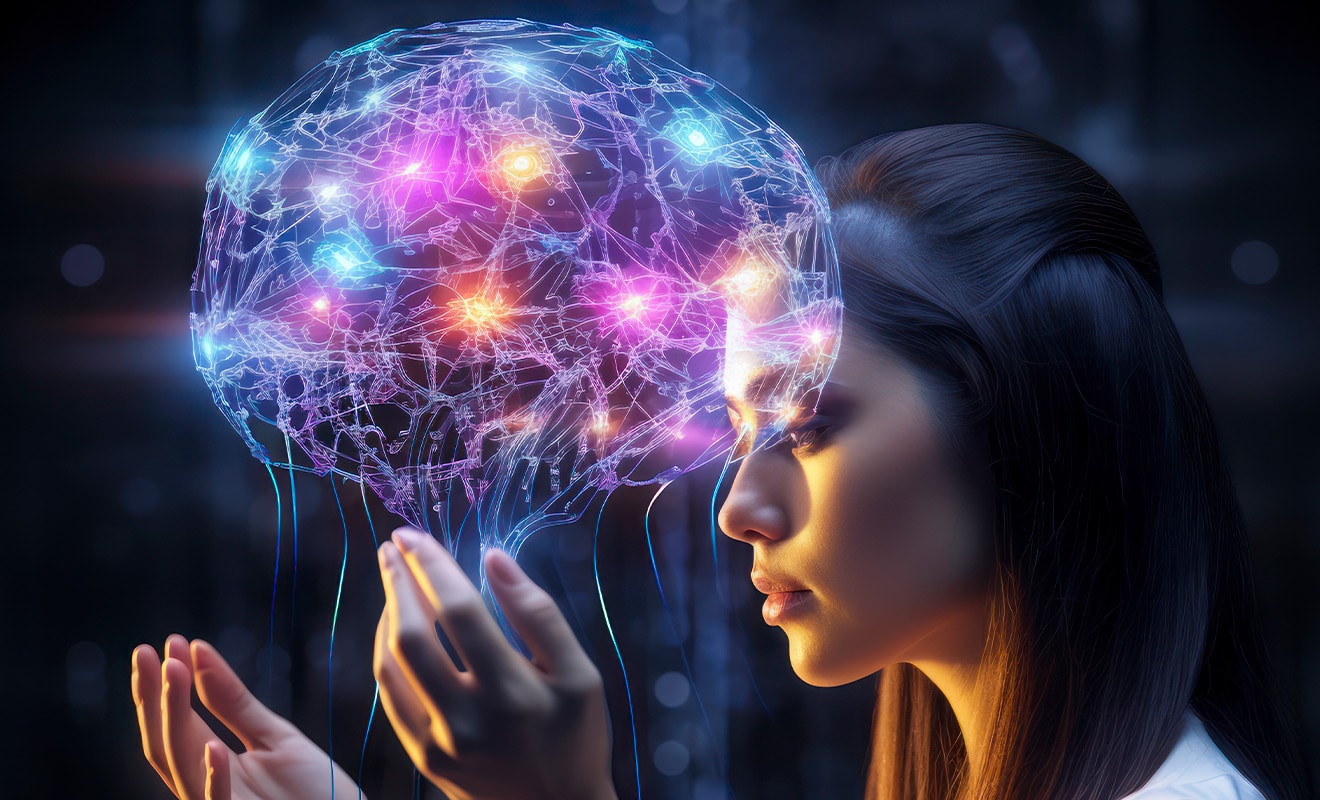Have you ever been in awe of the intelligence of some people around you? These are individuals who seem to absorb knowledge and acquire new skills with remarkable ease.
If you would like to have this ability, you are not alone. The good news is that everyone can become smarter, and science offers valuable insights into how to achieve this goal.
In this article, we’ll explore 7 science-backed situations that can effectively increase your intelligence.
Whether it’s advancing your career, gaining new skills, or simply improving your performance in all areas of life, these strategies can open the doors to a clearer mind and a more discerning mind.
Read more: 8 trends of smart people according to science
Caffeine can be an ally
A recent study conducted by scientists at the University of Basel, Switzerland, and published in the journal Cerebral Cortex, reached surprising conclusions about daily caffeine consumption.
They claim that drinking the equivalent of a cup of coffee a day can have an effect on the volume of gray matter in a person’s brain for some time.
Furthermore, contrary to popular belief, the study also indicates that this level of consumption does not appear to affect sleep quality.
This effect of caffeine leads to improved clarity of thought and noticeable improvements in various cognitive aspects, as described in Popular Science.
Take a cold shower
Taking a cold shower can be an invigorating experience for many people. Although there is no conclusive scientific evidence about the benefits, a study conducted in Finland, where swimming is common in the winter, indicates that exposure to cold water is associated with a significant decrease in stress and fatigue and improved mood and memory.
These potential benefits can boost brain function and productivity. Additionally, the practice of challenging your comfort zone with a cold water challenge can serve as a source of inspiration for the rest of the day, as described in a New York Times article about this experiment.
So, if you venture into cold showers, you may be offering your brain an extra dose of daily vitality.
Play video games
A study conducted in Berlin, Germany looked into the effects of video games on the brain. Participants played “Super Mario 64” for 30 minutes a day for two months, while the control group did not play.
Using MRI, the players showed an increase in gray matter in areas of the brain associated with memory, planning and fine motor skills.
This effect was more pronounced in individuals with greater enthusiasm for the game. The findings suggest that video games can train specific areas of the brain.
Get physical activity
According to research conducted at the University of Georgia, it was found that exercise sessions of up to 60 minutes can improve certain aspects of information processing.
However, the study also highlighted the importance of avoiding excessive exercise, which can lead to dehydration and lead to decreased memory and ability to process information.
Therefore, it is advisable to go to the gym, but it is important to make sure you carry a water bottle with you during exercise.
Read `+: 6 signs that indicate that a person has high intelligence, according to science
Manual notes
The practice of taking handwritten notes and writing has proven to be essential for improving intelligence and knowledge retention.
While capturing information digitally can be convenient, writing by hand requires active selection of information, mental synthesis, and highlighting key words, which promotes deeper processing and better understanding.
Research, including a study from Princeton and California universities, shows that students who take notes by hand perform much better on assessments than those who write.
In short, writing and taking notes by hand not only facilitate the retention of information, but also stimulate critical thinking and intelligence, which contributes to more effective learning.
Reading habit
As Viji Ostrosky Solís, a Mexican psychologist, noted, reading acquisition has a profound impact on the structure of neuropsychological systems in adults.
Brain activity associated with reading involves planning systems, analyzing sounds and meanings, and is greatly intensified during reading.
Over time, as we read more, reading becomes an automatic skill, freeing up cognitive resources for deeper intellectual analysis.
This means that as we gain practice, our brain decodes letters and words more efficiently and quickly, making reading progressively easier and more fluid.
contemplation
Research conducted by the University of North Carolina and published in the journal Conscience and Cognition revealed that patients who devoted themselves to practicing mindfulness, a technique that involves creating a mental state of full attention through meditation, experienced significant improvements that affected their lives. Critical cognitive abilities.
The great aspect of this discovery is that these improvements were achieved in just four days of training, and each session lasted only 20 minutes.

“Wannabe internet buff. Future teen idol. Hardcore zombie guru. Gamer. Avid creator. Entrepreneur. Bacon ninja.”

